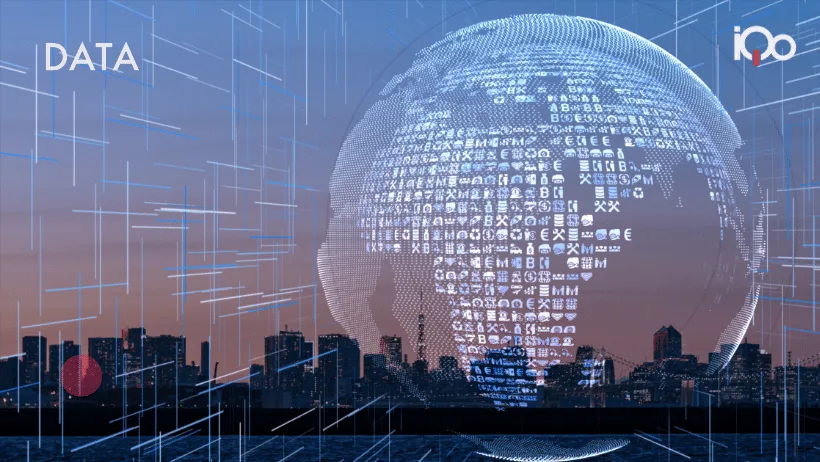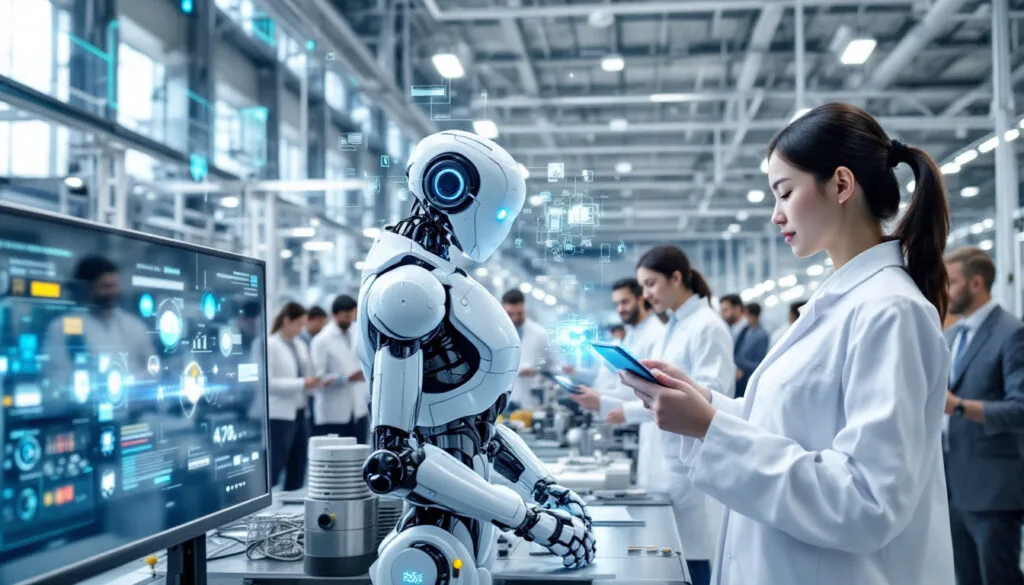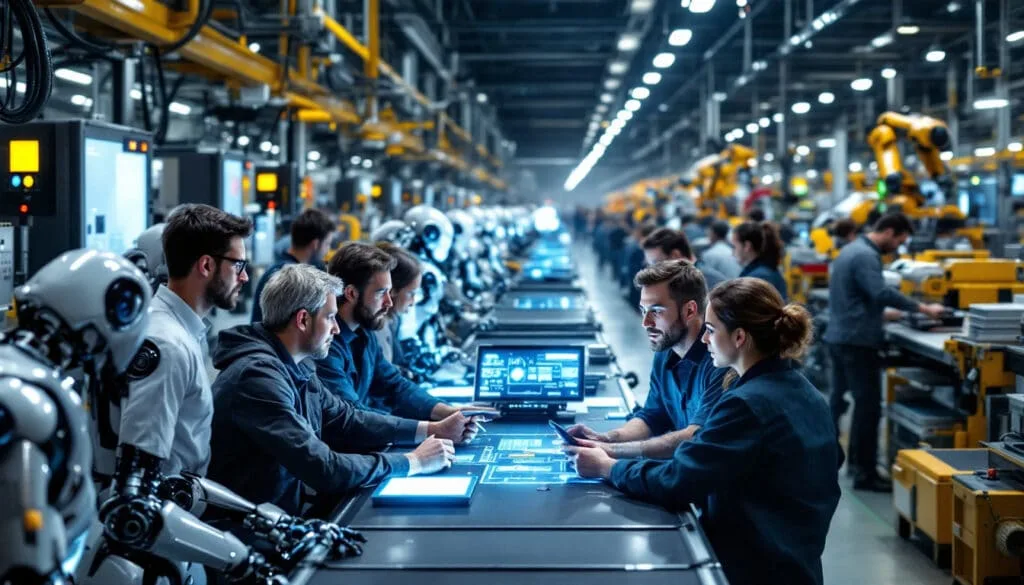The ecological stakes related to the use of artificial intelligence are becoming increasingly visible. In the face of exponential demand for GPU to refine and exploit increasingly complex models, environmental concerns are only intensifying. The considerable carbon footprint and energy consumption of these technologies raise serious questions about their sustainability. As ChatGPT and other generative AIs revolutionize our daily lives, their resource requirements prompt industry players to rethink the ecological impact of their innovations.
The debate about the environmental impact of artificial intelligence (AI) continues to grow, especially with the increased use of GPU needed for training and operating generative AI models. This technology is known for being particularly energy-intensive, with a query posed to a generative AI consuming up to ten times more energy than a simple search on a search engine like Google. In response to this exponential demand, players such as Scaleway are committed to minimizing their ecological footprint, while giants like Amazon and Google invest in nuclear to decarbonize the electricity powering their data centers. These initiatives are accompanied by societal and ethical questioning about the necessity and uses of these technologies.

Table des matières
Togglethe environmental impact of GPUs in artificial intelligence
The topic of the environmental impact of artificial intelligence is increasingly emerging in public discussion. In a context where the intensive use of GPU is becoming essential for training AI models, energy consumption and the carbon footprint of these infrastructures are expanding rapidly. Globally, the energy required for data centers is increasing exponentially.
With the acceleration of research around AI, digital giants like Amazon, Google, and Microsoft have become aware of the ecological urgency. Their investments in clean energy production technologies, including the construction of mini-nuclear reactors, are a testament to this awareness. But the question remains: is this enough facing the exploding energy needs due to the use of GPU?
energy consequences of generative AI
Generative AI has recently captured attention due to its ability to imitate and create original content. However, these capabilities entail high energy costs. A simple query posed to an AI like ChatGPT requires ten times more energy than a traditional search on Google. This highlights the sustainability deficit in the field of AI, a reality that the numbers continue to prove. According to a report from the International Energy Agency, the energy consumption of AI is currently estimated to represent 0.03% of global consumption, a number that conceals the true potential for future consumption.
Understanding energy impacts also involves analyzing initiatives around decarbonization. Bringing together experts and researchers, events like AI-Pulse question the ethics of this race for power. Utilizing renewable energies is one of the proposed solutions, although the discussions surrounding the balance between technological progress and sustainability are complex and subject to debate. An essential addition to the arguments is the frugality of AI, advocating for the adaptation of technology to true needs.
ethical questions and thoughtful use of AI
One of the crucial debates surrounding the use of AI technologies concerns their necessity and the motivations behind their development. Why develop these technologies at such an intensive pace, and for which specific use cases? Many companies, such as OpenAI, pursue market dominance, often at the expense of ethical considerations. This raises fundamental questions about the utility and purpose of these technologies, especially in the face of an urgent need for less energy-intensive solutions.
Beyond energy issues, there is a vital need to redefine the ethical framework surrounding AI. Stakeholders must focus on thoughtful use aimed at long-term benefits for society. Developing more sustainable alternatives becomes a priority, and some researchers advocate for a frugal AI that would be in symbiosis with our ecosystem.





